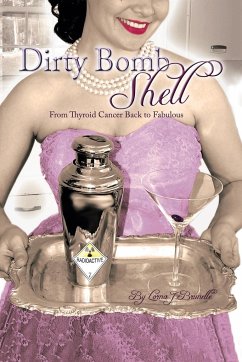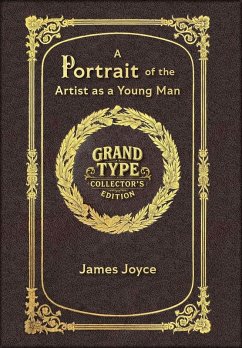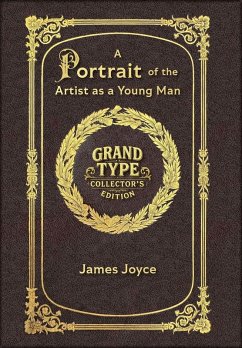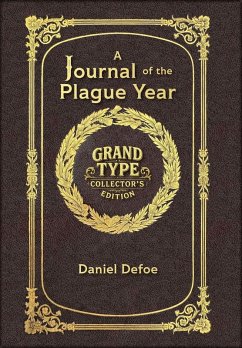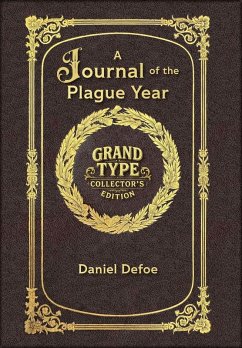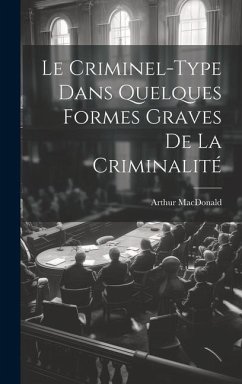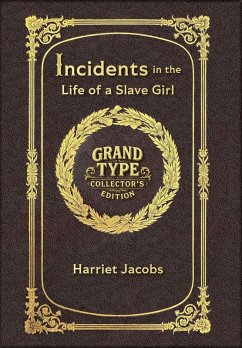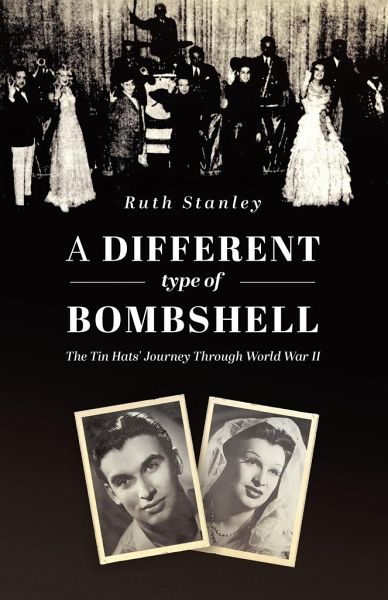
A Different Type of Bombshell
The Tin Hats' Journey Through World War II
Versandkostenfrei!
Versandfertig in 1-2 Wochen
16,99 €
inkl. MwSt.

PAYBACK Punkte
8 °P sammeln!
A Different Type of Bombshell: The Tin Hats' Journey through World War II There are bombshells that cause havoc, bombshells that shock or surprise, and then there are bombshells that belong on stage or in the movies. The story of the Tin Hats involves all three types of bombshells. It's quite a story, a story that begins for me with my father. My father spent the war in drag. Yes indeed, he was a brunette bombshell known as Trixie. He was a Canadian soldier trained in combat who was just "one of the boys" until he transformed into a female impersonator with the Tin Hats. This all-Canadian mili...
A Different Type of Bombshell: The Tin Hats' Journey through World War II There are bombshells that cause havoc, bombshells that shock or surprise, and then there are bombshells that belong on stage or in the movies. The story of the Tin Hats involves all three types of bombshells. It's quite a story, a story that begins for me with my father. My father spent the war in drag. Yes indeed, he was a brunette bombshell known as Trixie. He was a Canadian soldier trained in combat who was just "one of the boys" until he transformed into a female impersonator with the Tin Hats. This all-Canadian military entertainment unit was the first Canadian Concert Party in the Second World War. This group of hard-working soldier-entertainers was a smash hit, providing their unique type of support to most of the Canadian regiments throughout their various campaigns in England, Europe, and North Africa. Skilled entertainers all, they brought together quite a polished show, one that resonated with the troops longing for the sight, sound, and taste of Canadian culture. For the Tin Hats, bombshells came in all kinds of forms; they even made references to bombshells in their shows. Come along with me as I follow the Tin Hats' journey through the regiments from 1941 to 1945.



